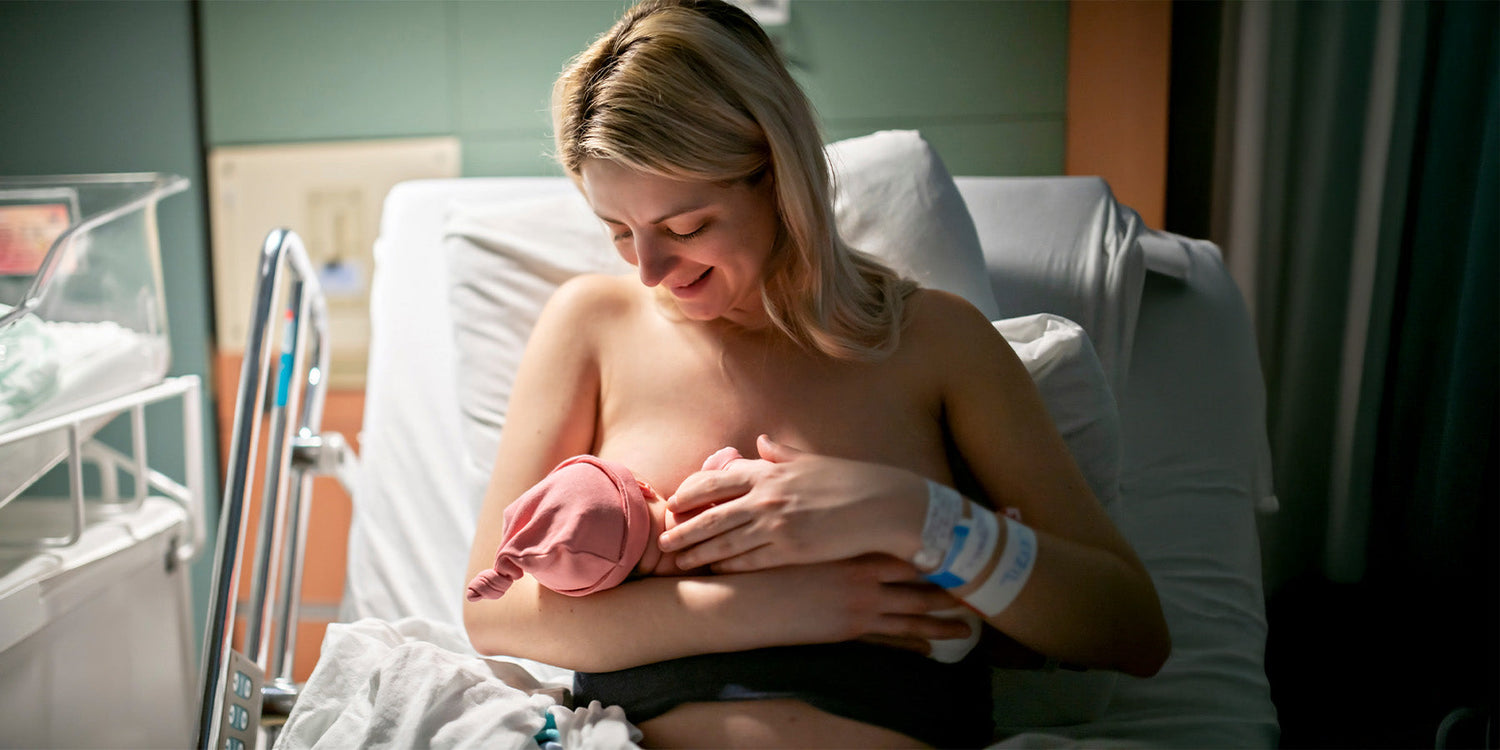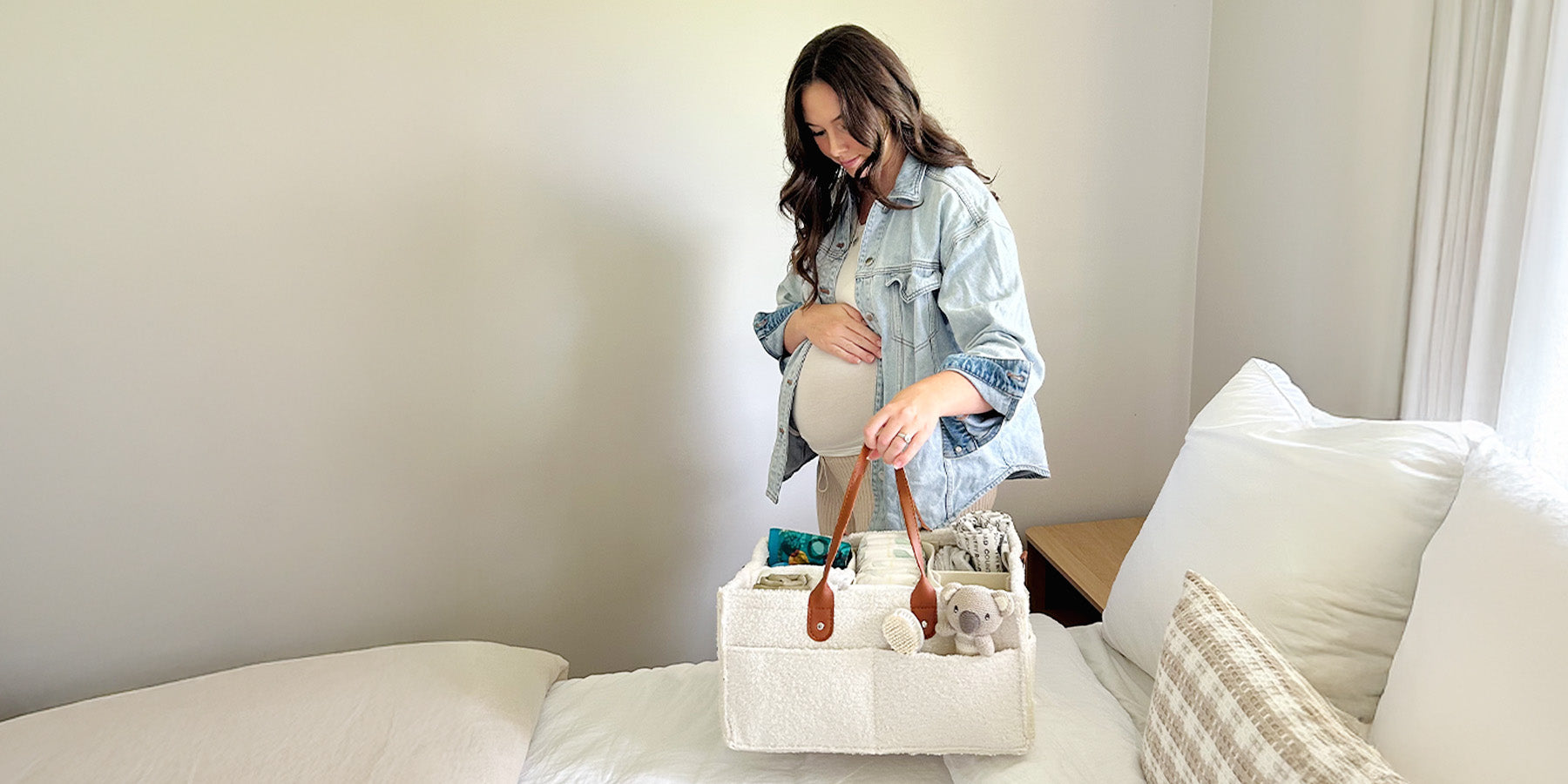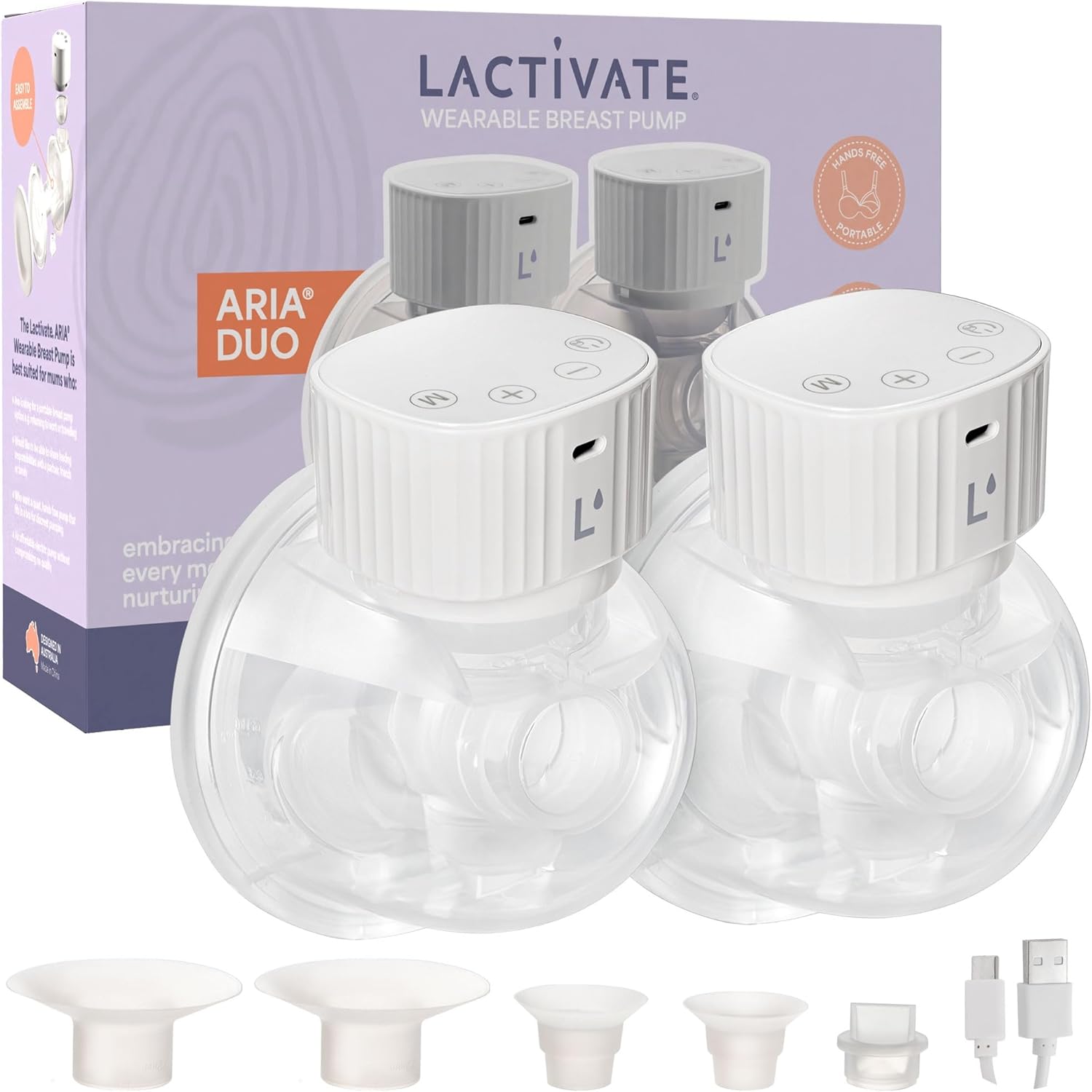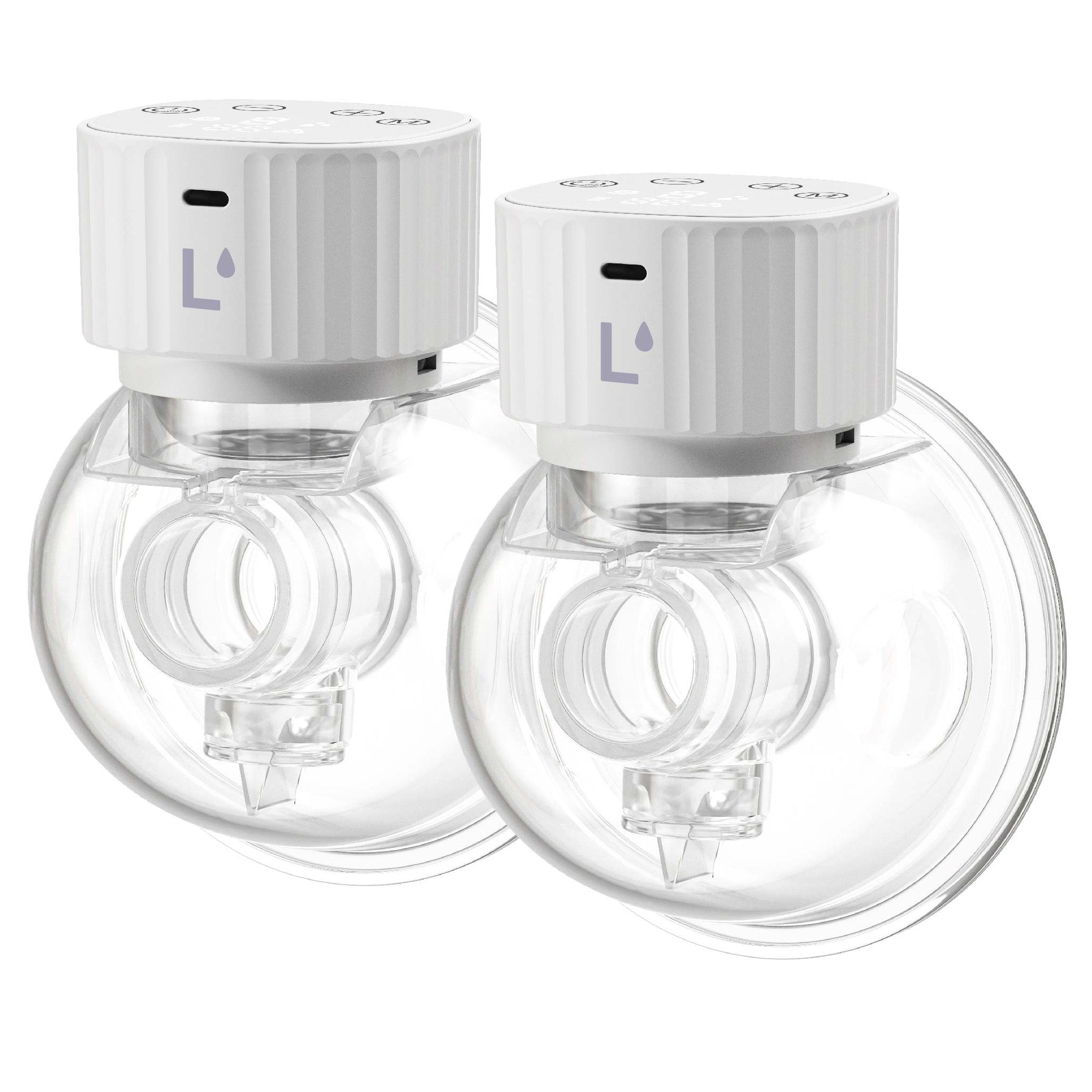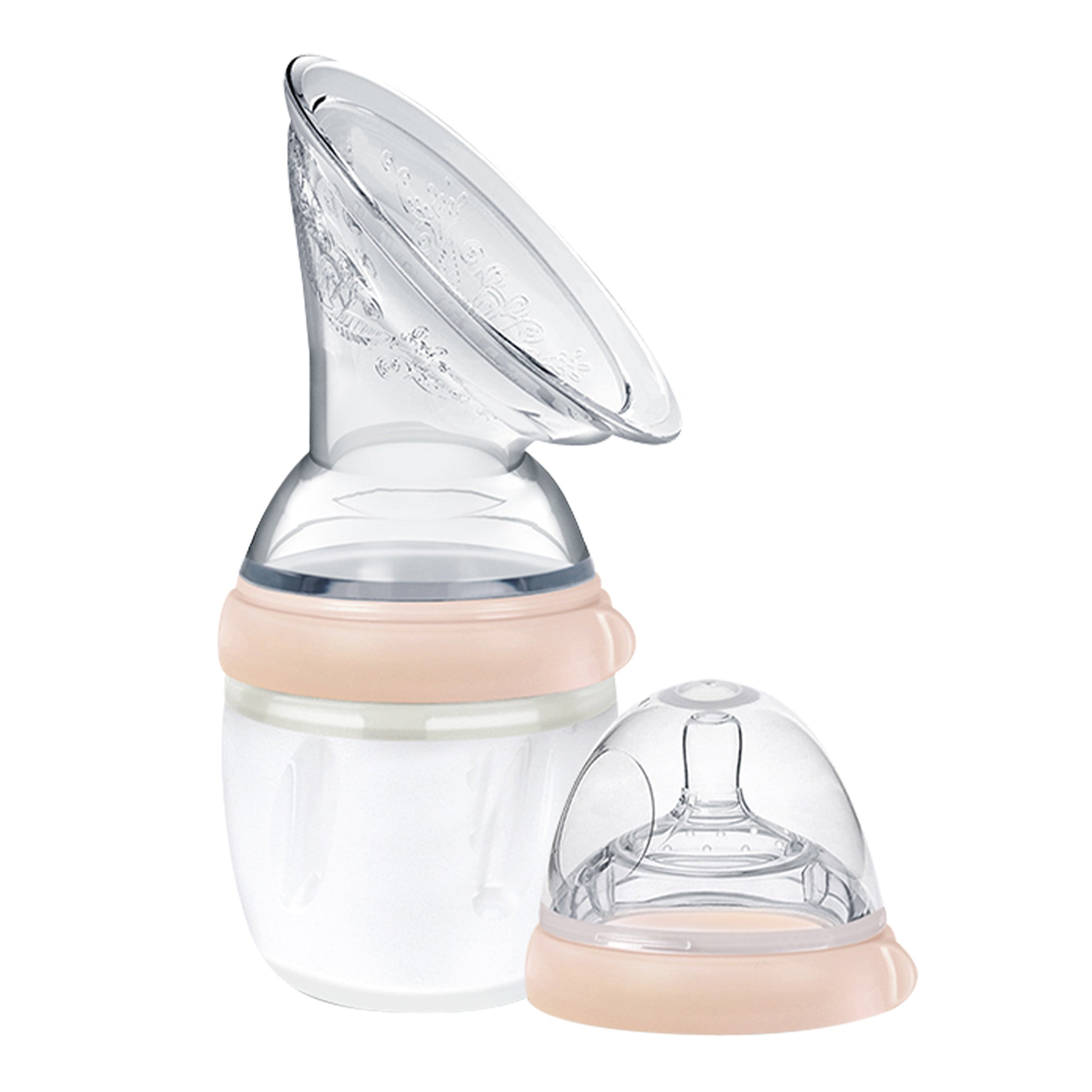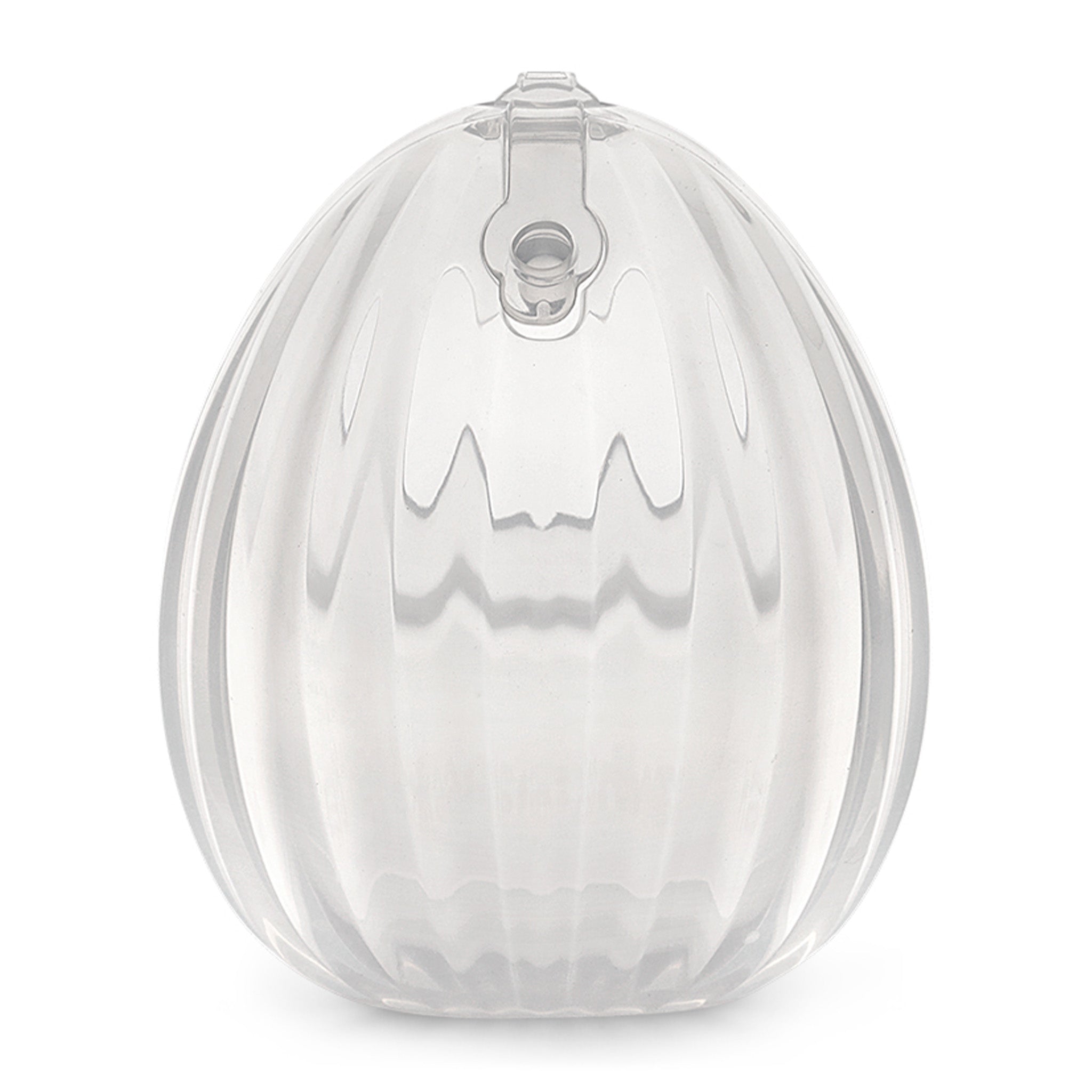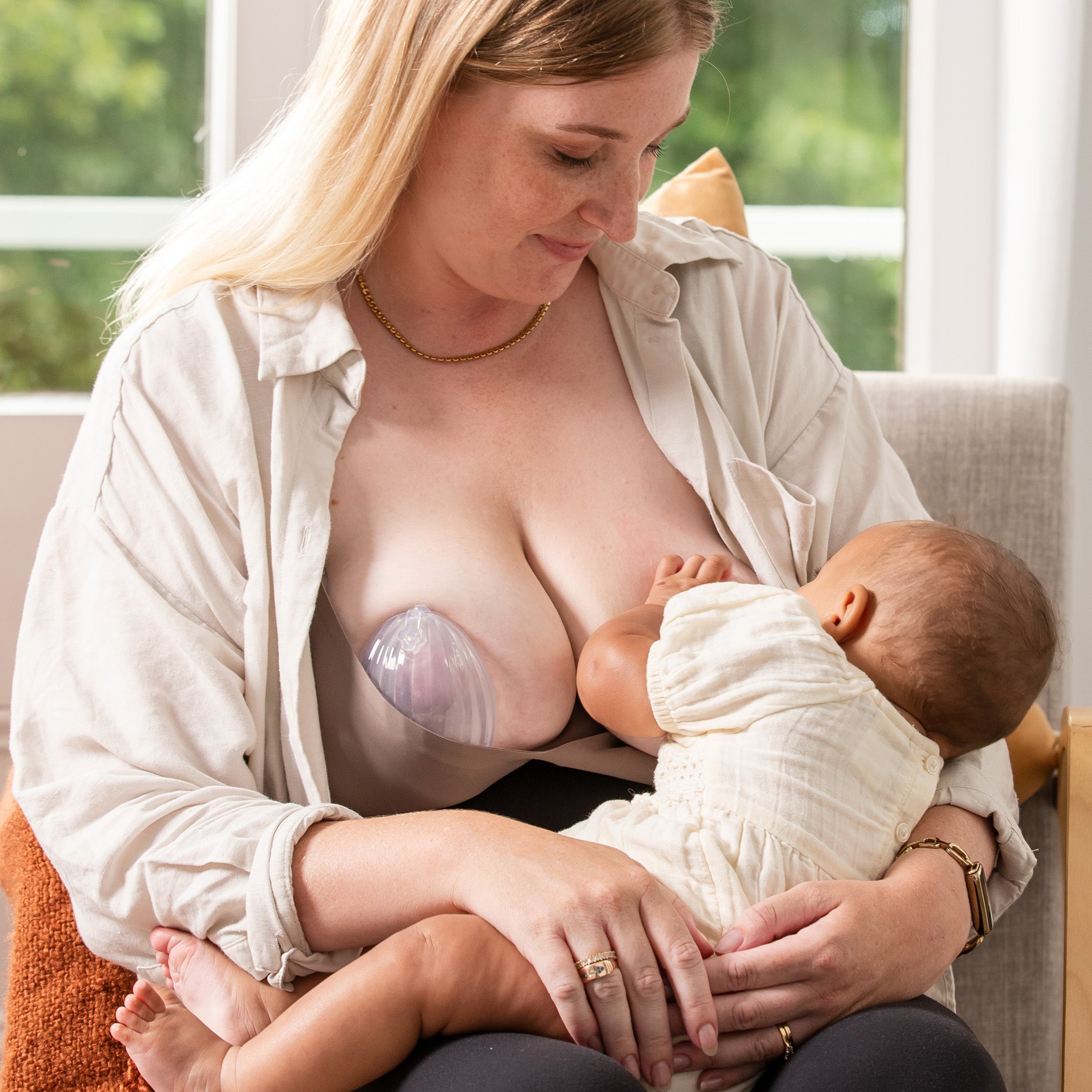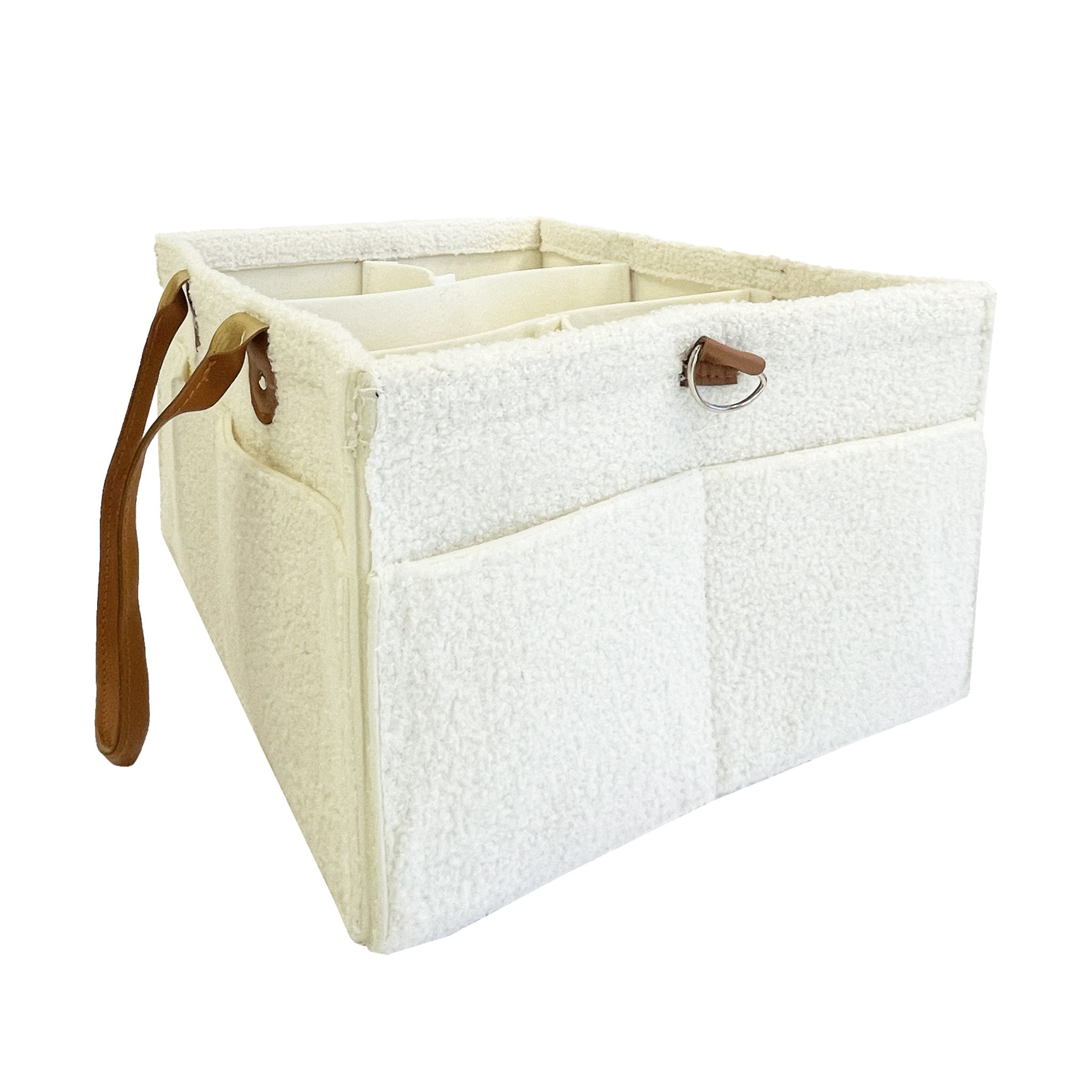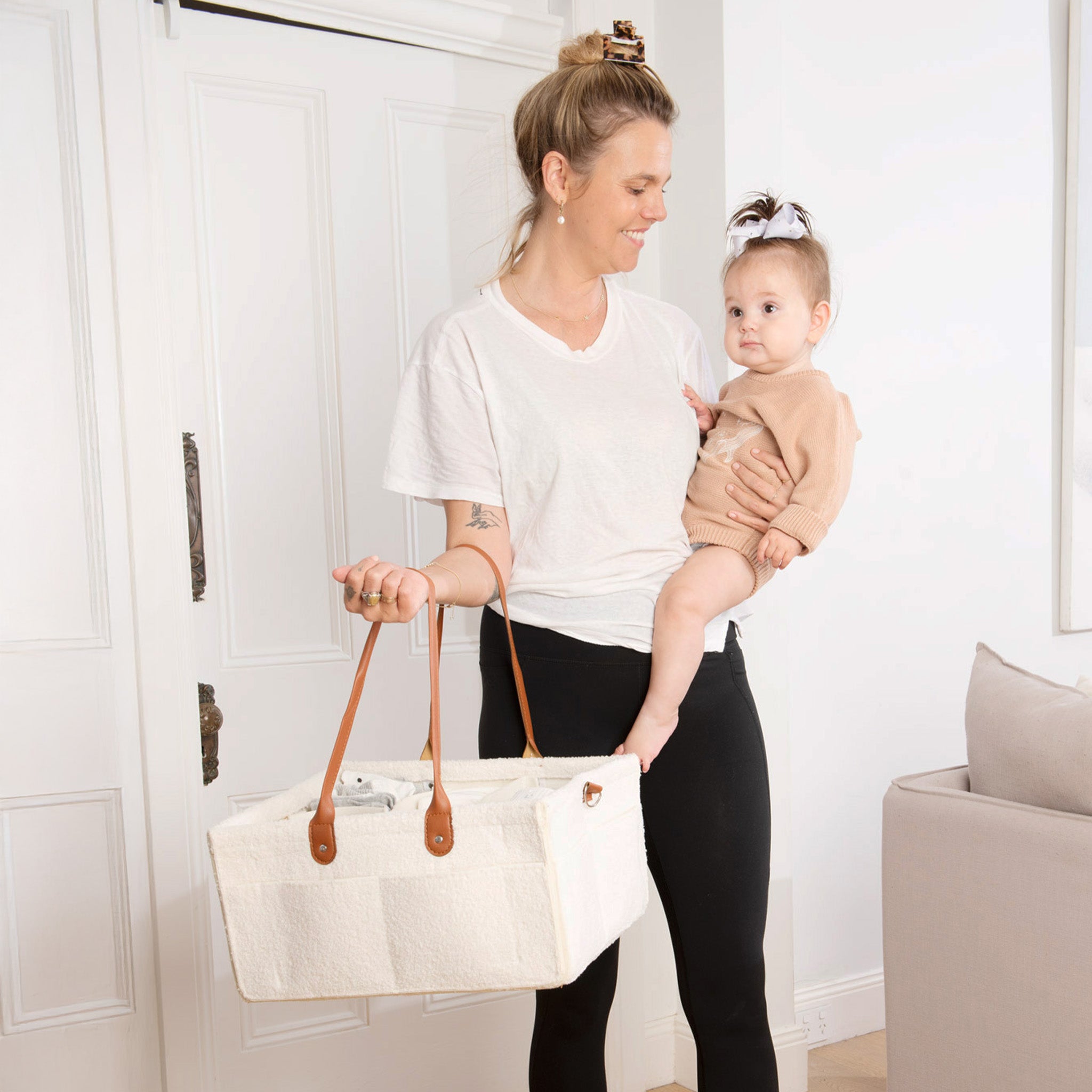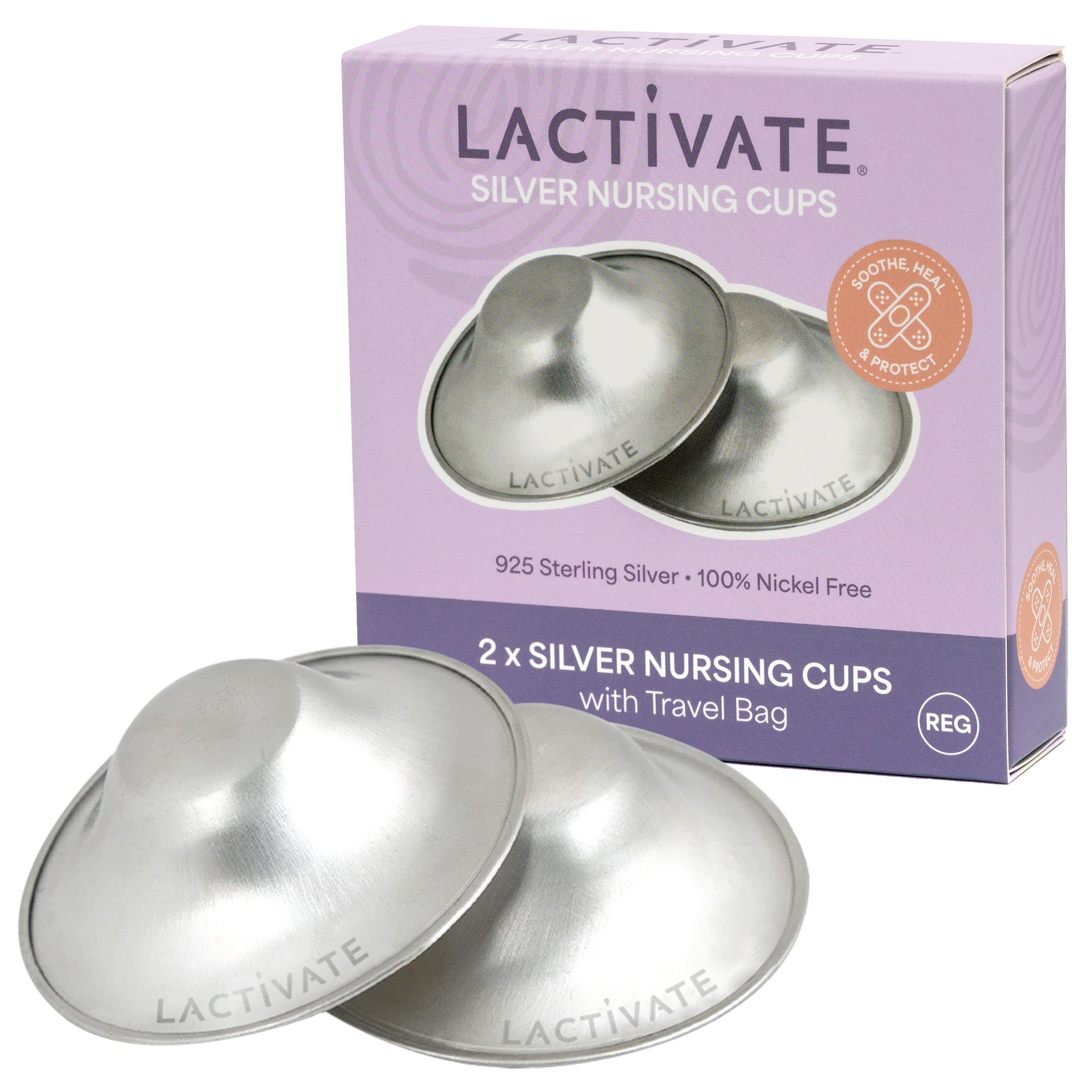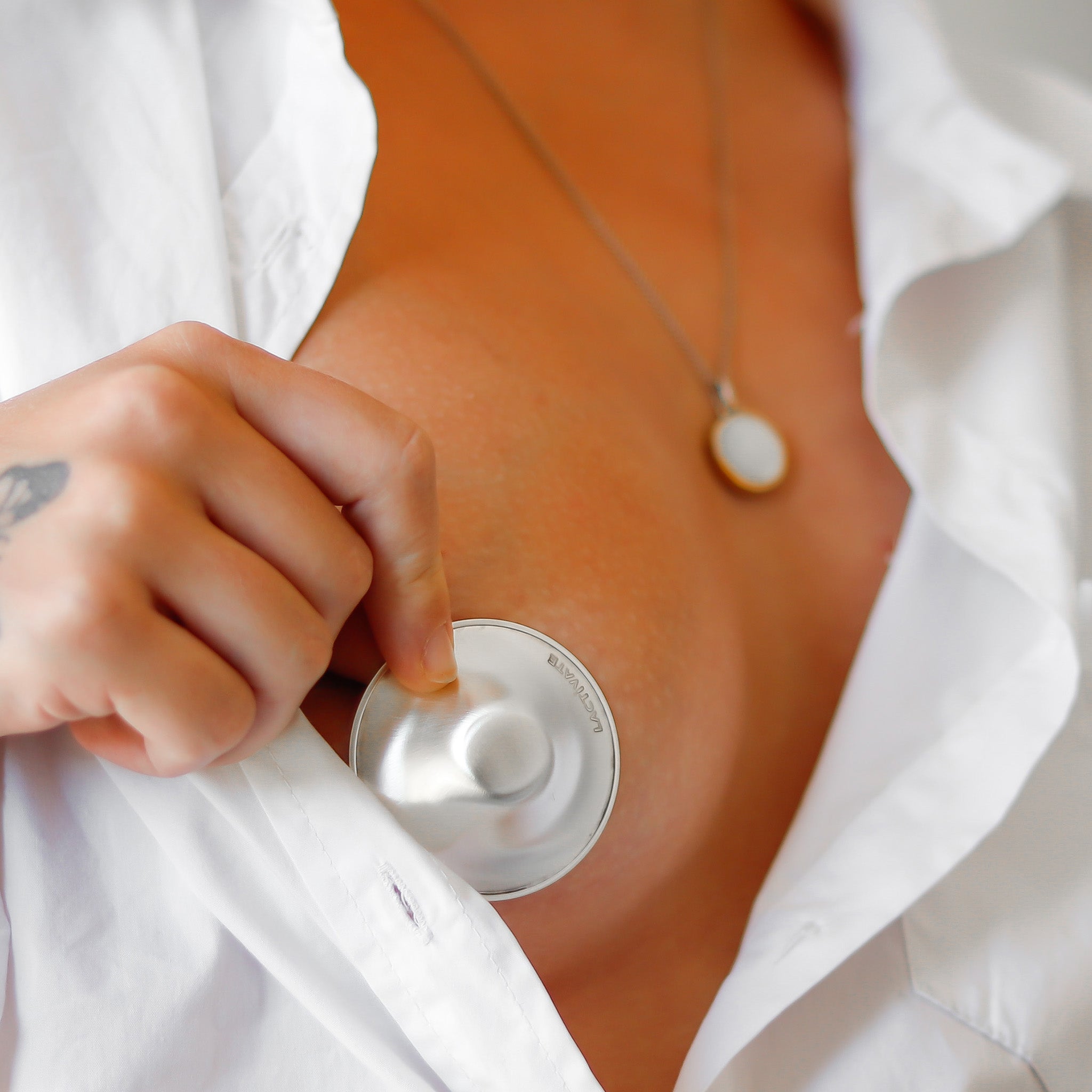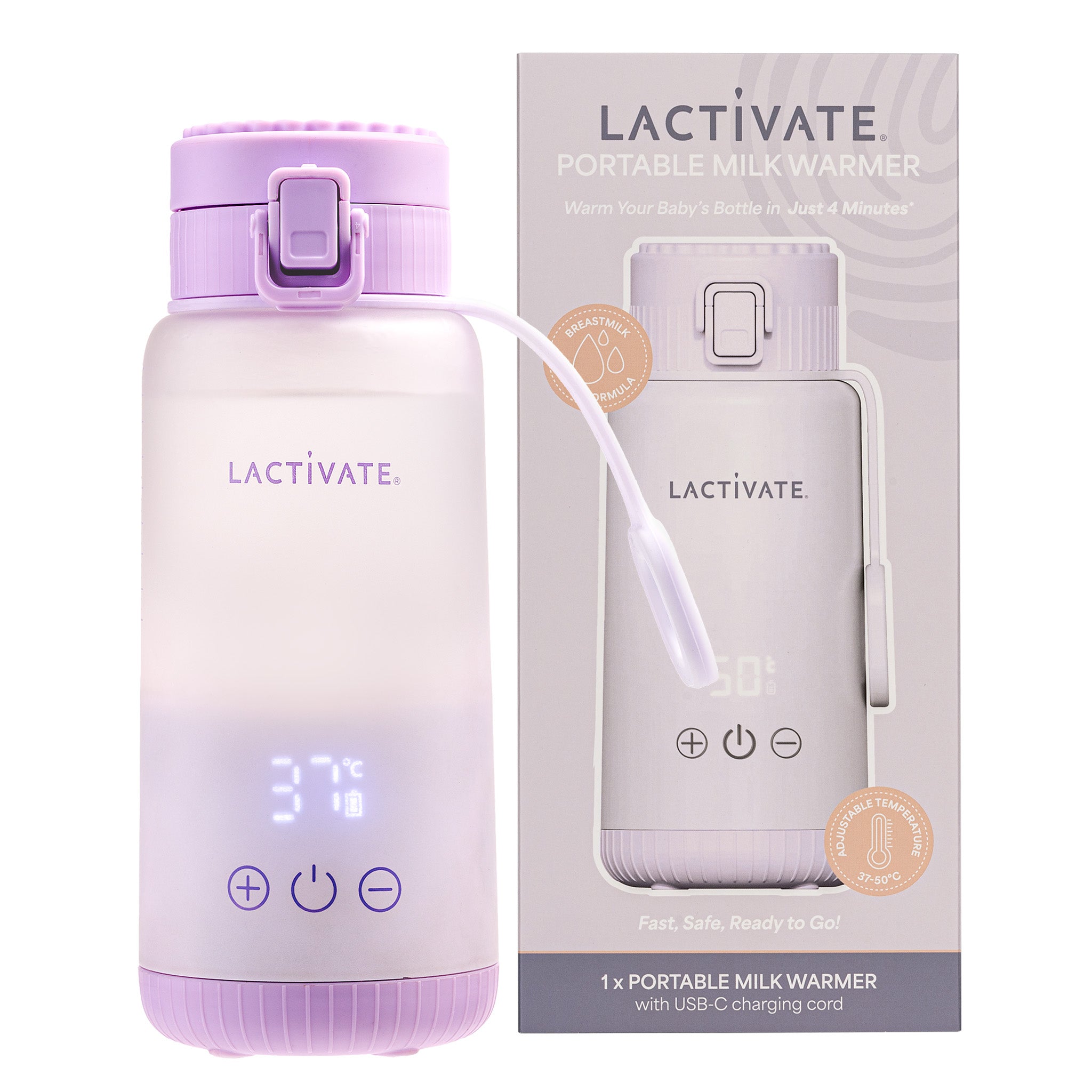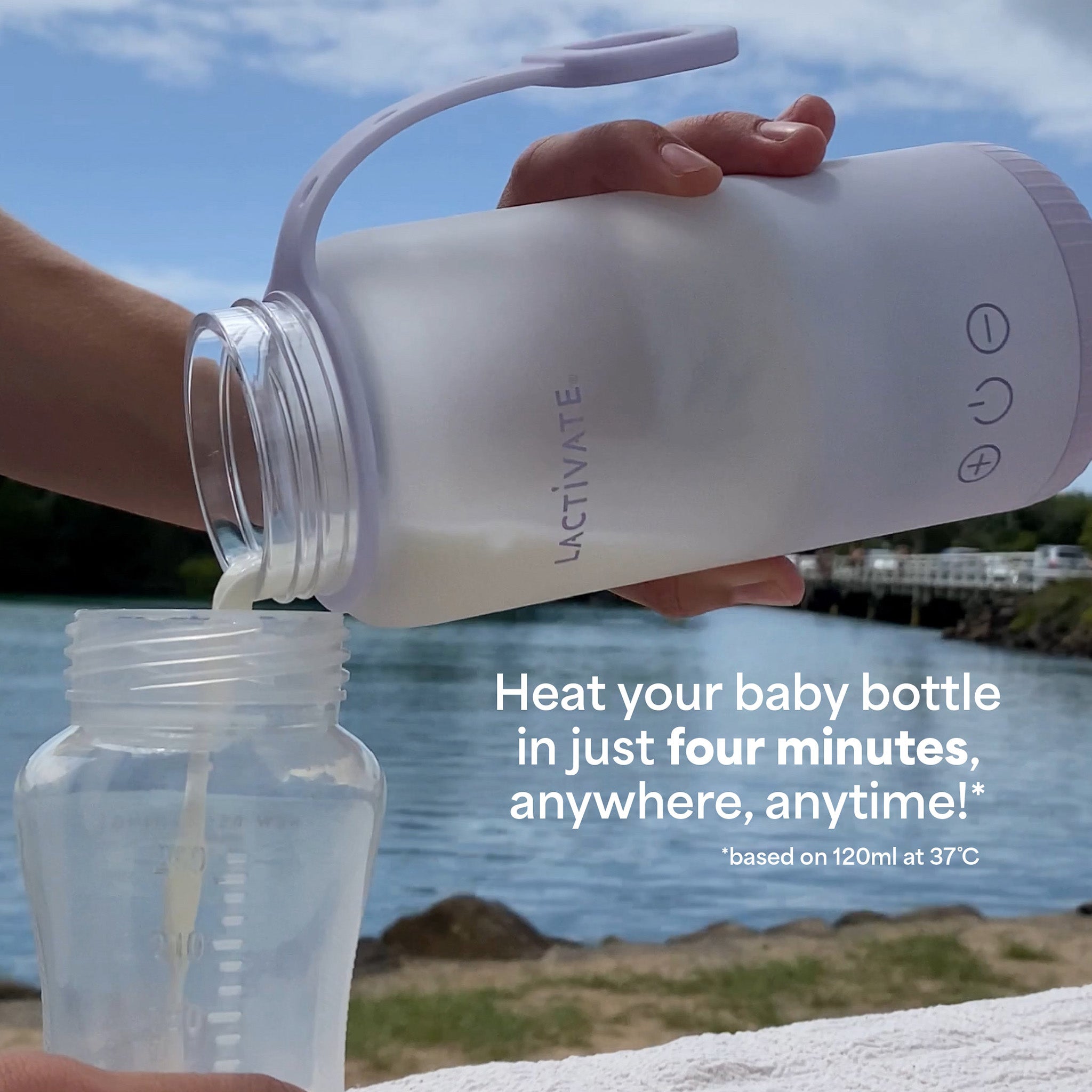You've had your baby! Hooray! However your birth unfolded, it's likely you're a combination of exhausted/exhilarated/sore/bewildered/in shock/excited/confused (and about a thousand other emotions!)
While the actual 'birth' part it over, your new life as a mama is JUST getting started. And there's a whole bunch of things that you may not have expected.
Here's our guide to what you need to know about the first 24 hours after birth, from a mama who has been there, done that (3 times over!)
'Birth' isn't over after the baby exits
After pushing out your beloved bundle you're probably ready for a bit of a rest and ideally a cup of tea and piece of toast (the greatest meal you've probably ever eaten!). Before that can happen though, you need to deliver the placenta, and while it's not as intense as labour, it's not exactly a good time. You'll experience mild contractions, possibly some pulling and tugging and a bit of pushing before you bubs food factory finally departs. You'll also likely be examined by your caregiver to check for tearing, any excess bleeding or other concerns that may need to be treated.
If you had a c-section, you'll need to be stitched up and you may possibly be given antibiotics, to prevent infection, or oxycontin to control bleeding and help the uterus shrink back down to its normal size. Many women will have their babies with them (or with their partner) while this happens, though if your baby needs any extra help, they may be taken care of by a nurse until they're happy that bubs is ready for cuddles. You will then be moved to recovery where your blood pressure, pulse and bleeding will be monitored, before moving on to the postnatal ward.
Your baby may be sleepy, and that's (usually) ok!
Birth and those first couple of breastfeeds are EXHAUSTING for baby! All of sudden they're out in the world, it's bright and noisy and food is no longer on tap. While some babies will want to cluster feed right after birth, many will have their initial feed, then take a long snooze. This is the perfect chance to catch some zzzz's yourself as there is every chance it may be the longest block of sleep time you get for some time (sorry!)
If there are any concerns about your bub, your caregiver may request they be woken at regular intervals or put another plan in place. Speak to them about this directly.
Your colostrum provides everything bub needs
Before your milk comes in, you'll make colostrum, the extremely nutrient rich 'first milk' that's often referred to as 'liquid gold'. Because of how nutrient dense it is, your body only needs to make small amounts, as this will be enough to nourish your baby until your milk comes in. It may seem like a teeny, tiny amount and many mums worry that their baby will be hungry but it's important to remember that a newborn's tummy is very, very small, about the size of a cherry, and will only hold around 1 tsp of liquid at a time. This small tummy size is also one of the reasons why babies feed so often; they're tummy can't hold very much at all so they need to keep topping it up!
Babies don't (and won't) know the difference between day and night for quite awhile
Life in the womb has no distinction between night and day and when your baby is born, they'll have no clue that us humans work on an AM/PM schedule. This will quickly become evident when they wake up from their post birth snooze and demand to be fed. Constantly. All through and day AND all through the night. After the birth of my son I was stunned to be told that he'd be feeding every 2-3 hours for the foreseeable future. "He'll be due his next feed around 2am," the midwife said. "But that's the middle of the night!" I thought! It took me awhile to get my head around the fact that babies have no interest in the clock; they'll feed, poo, wee and cry whenever it suits them and aren't too bothered if we're not onboard!
You'll likely be bleeding A LOT
There's a reason that maternity pads or disposable underwear (game changer!) is often at the top of 'what to take to hospital' lists. You will bleed. A LOT. Like more than you can probably comprehend. I personally was a little shocked by just how much blood was exiting my body. And despite the midwifes re-assuring me that it was a totally normal amount, it was still pretty gnarly! Your caregivers will keep a close eye on your blood loss, post birth, to ensure that it's within the normal range. If you have any concerns, make sure you speak to them straight away, even if only for some reassurance! And stock up on disposable underwear and black undies. Lifesavers!
After birth pains are the real deal
This was something that took me by surprise in the hours and days after birth! After birth pains feel like contractions though thankfully a little milder. They happen as your uterus starts to shrink back to normal and may often intensify during breastfeeding. Generally they will get stronger after each baby and I can attest that the pains after my third were definitely the strongest of the lot. Thankfully they don't last too long. Speak to your caregiver if you're experiencing significant discomfort as they may be able to offer you some pain relief.
Breastfeeding isn't always easy
We often spend a lot of time preparing for birth but nowhere near as much preparing to breastfeed. While some baby-mummy pairs will just fit together perfectly and feed without too much drama, many, many others will find the first hours and days challenging. Breastfeeding doesn't always come naturally (it didn't for me!) and that is perfectly normal and ok! It's a learnt skill and you and your baby are learning together. Some babies struggle to latch while others get frustrated or cause nipple damage. Some get super tired from feeding and need to take little breaks while others constantly fall asleep on the boob. Seek as much support as you can from your caregivers and lactation consultants and try and get your partner and family onboard as well so that they're aware of how they can help. If you're experiencing severe nipple pain or damage, SEEK HELP. Breastfeeding, while often initially a little bit uncomfortable, shouldn't cause intense pain. If it is, something is not quite right, and it needs to be corrected.
Good luck mama! You're now on the wildest, most amazing ride of your life! ENJOY!

